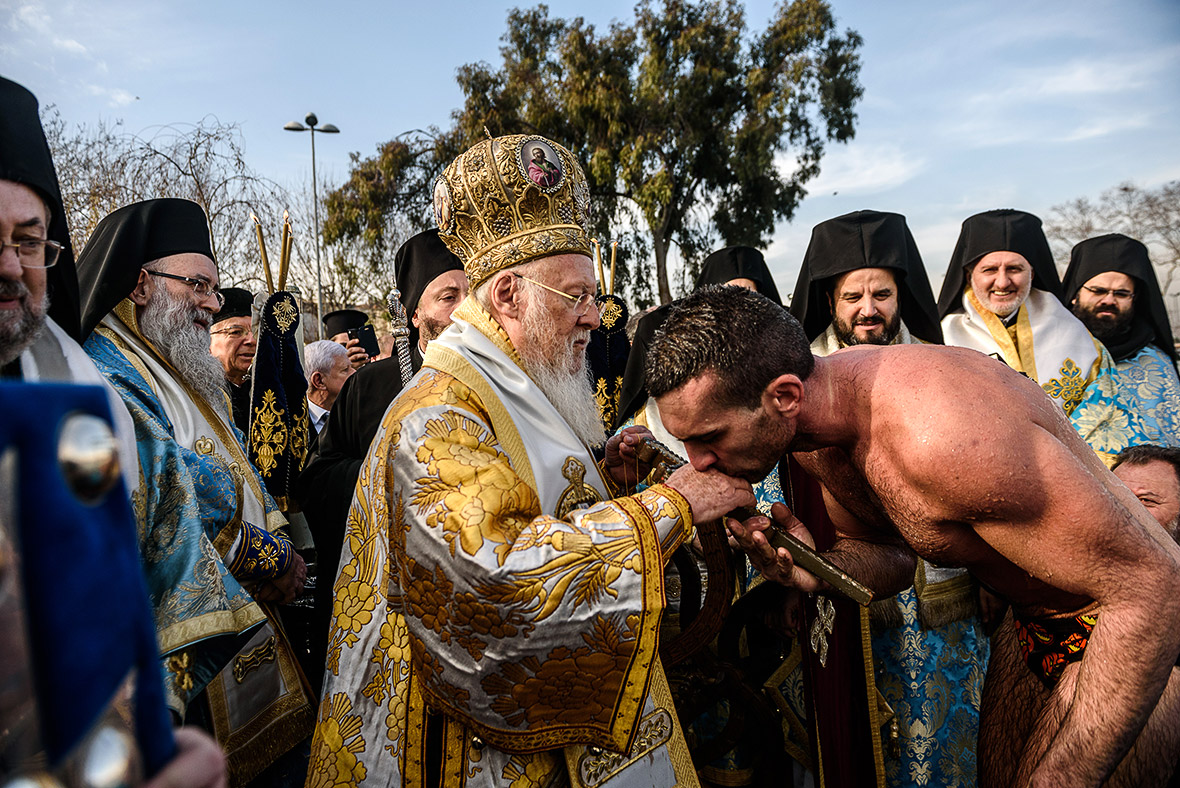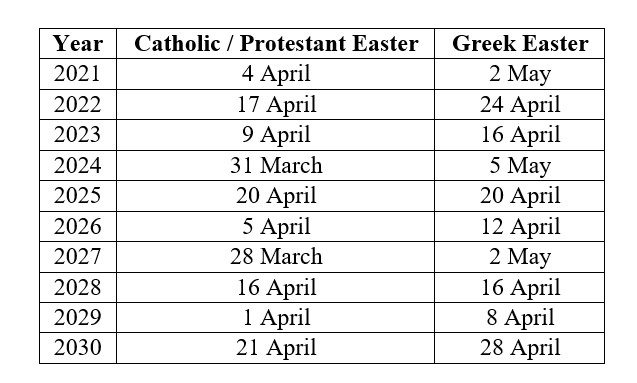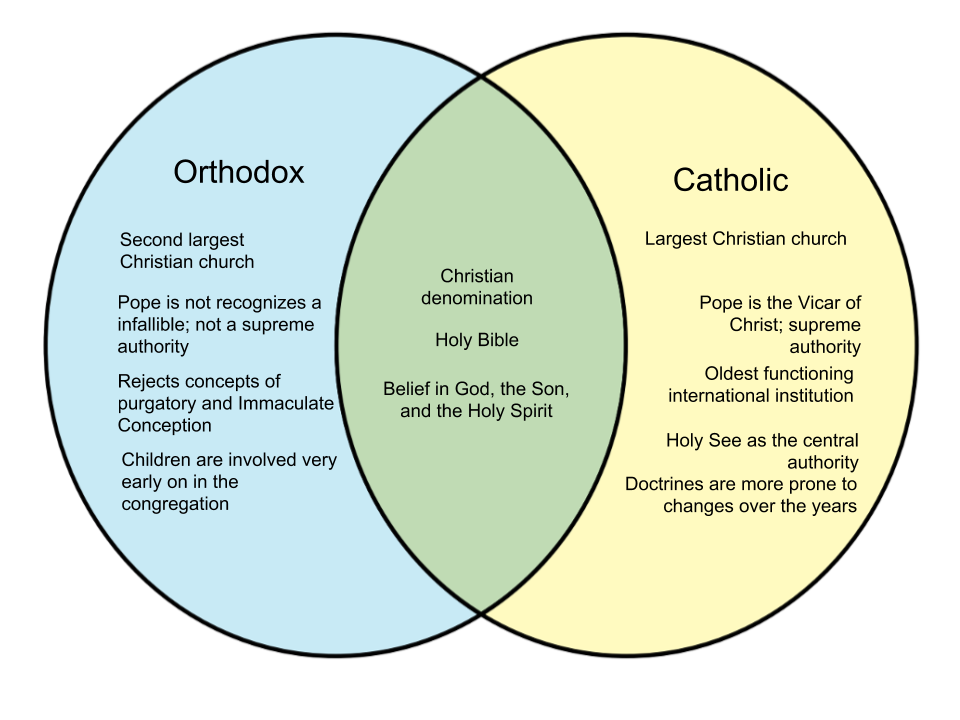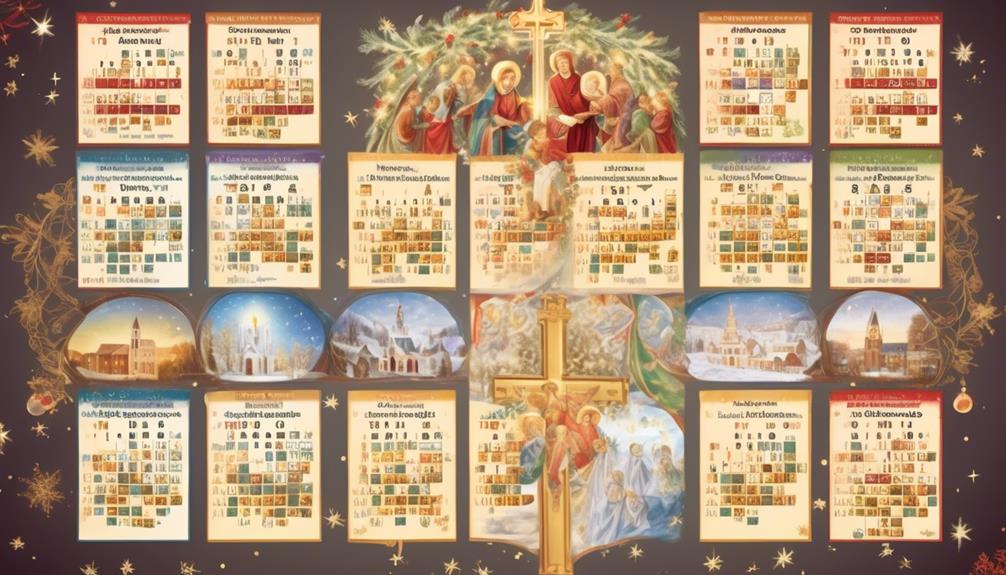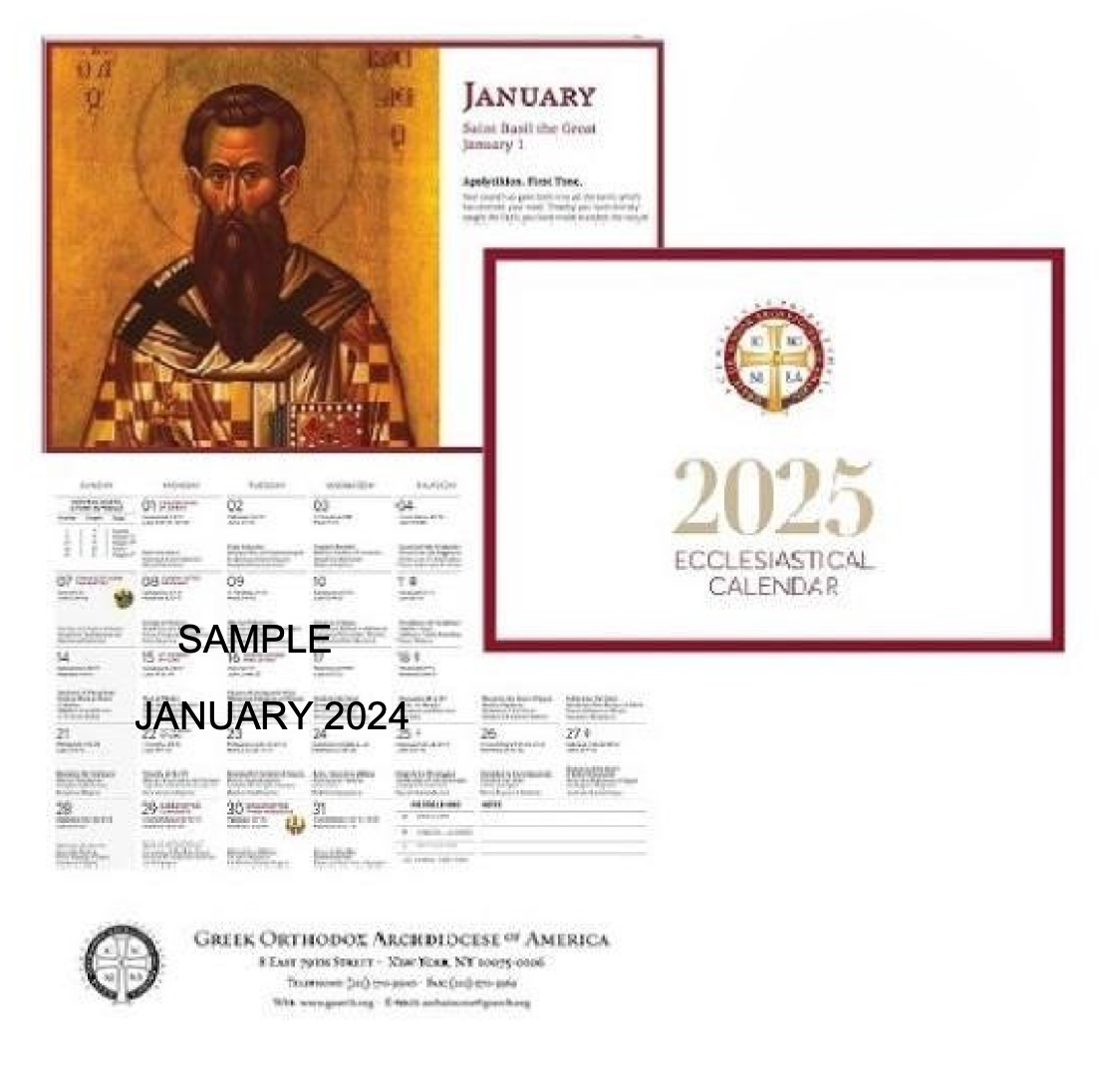
Christmas, a joyous holiday commemorating the birth of Jesus Christ, is observed by millions of Christians worldwide. While both Catholics and Orthodox Christians celebrate Christmas, there are significant differences in their traditions, practices, and dates of celebration. In this article, we'll delve into the key differences between Catholic and Orthodox Christmas 2024, exploring the historical context, liturgical practices, and cultural traditions that set these two Christian denominations apart.
Historical Context: The Great Schism
To understand the differences between Catholic and Orthodox Christmas celebrations, it's essential to examine the historical context of the Great Schism. In 1054, the Eastern (Orthodox) and Western (Catholic) churches split due to theological and ecclesiastical disagreements. The Eastern Orthodox Church, led by the Patriarch of Constantinople, rejected the authority of the Pope, while the Roman Catholic Church, led by the Pope, asserted its authority over the entire Christian world. This schism led to the development of distinct traditions, practices, and calendars in the two churches.

Calendar Differences
One of the most notable differences between Catholic and Orthodox Christmas celebrations is the date. The Roman Catholic Church celebrates Christmas on December 25, while the Eastern Orthodox Church observes Christmas on January 7. This discrepancy is due to the differences in calendars used by the two churches. The Roman Catholic Church follows the Gregorian calendar, introduced in 1582, which dropped 10 days from the month of October. The Eastern Orthodox Church, however, adheres to the Julian calendar, introduced in 45 BCE, which is currently 13 days behind the Gregorian calendar.
Why the Different Dates?
The Eastern Orthodox Church refuses to adopt the Gregorian calendar, considering it a deviation from the traditional calendar used by the early Christian church. In contrast, the Roman Catholic Church views the Gregorian calendar as a necessary correction to ensure the accuracy of the date of Easter, which is tied to the lunar cycle. The difference in calendars results in a discrepancy of 13 days between the two churches' celebrations of Christmas.

Liturgical Practices
The liturgical practices of Catholic and Orthodox Christmas celebrations also differ significantly. The Roman Catholic Church observes a Novena, a nine-day prayer period, preceding Christmas. In contrast, the Eastern Orthodox Church follows a 40-day period of fasting and preparation, known as the Nativity Fast, which begins on November 15. During this period, Orthodox Christians abstain from meat, dairy products, and other luxuries to focus on prayer, charity, and spiritual growth.
Midnight Mass vs. Divine Liturgy
On Christmas Eve, Roman Catholics attend a Midnight Mass, while Eastern Orthodox Christians participate in the Divine Liturgy. The Midnight Mass is a festive and joyous celebration, often accompanied by carols and festive decorations. In contrast, the Divine Liturgy is a more somber and mystical celebration, focusing on the spiritual significance of the Incarnation.

Cultural Traditions
Cultural traditions surrounding Christmas also vary between Catholics and Orthodox Christians. In Catholic countries, Christmas is often associated with festive decorations, gift-giving, and family gatherings. In contrast, Orthodox Christians place a greater emphasis on spiritual preparation, charity, and community service during the Nativity Fast.
Food and Drink
Traditional Christmas foods and drinks also differ between the two denominations. Catholics often enjoy festive treats like panettone, gingerbread, and eggnog, while Orthodox Christians traditionally prepare dishes like borscht, pierogi, and kutia (a sweet grain pudding).

Conclusion
In conclusion, while both Catholics and Orthodox Christians celebrate Christmas, their traditions, practices, and dates of celebration differ significantly. Understanding these differences can foster greater appreciation and respect for the rich diversity of Christian traditions. As we approach Christmas 2024, let us remember the shared values of love, compassion, and kindness that unite us across denominational lines.




What is the main difference between Catholic and Orthodox Christmas celebrations?
+The main difference between Catholic and Orthodox Christmas celebrations is the date. Catholics celebrate Christmas on December 25, while Orthodox Christians observe Christmas on January 7.
Why do Orthodox Christians celebrate Christmas on January 7?
+Orthodox Christians celebrate Christmas on January 7 because they follow the Julian calendar, which is currently 13 days behind the Gregorian calendar used by Catholics.
What is the Nativity Fast?
+The Nativity Fast is a 40-day period of fasting and preparation observed by Orthodox Christians, beginning on November 15, to focus on prayer, charity, and spiritual growth.
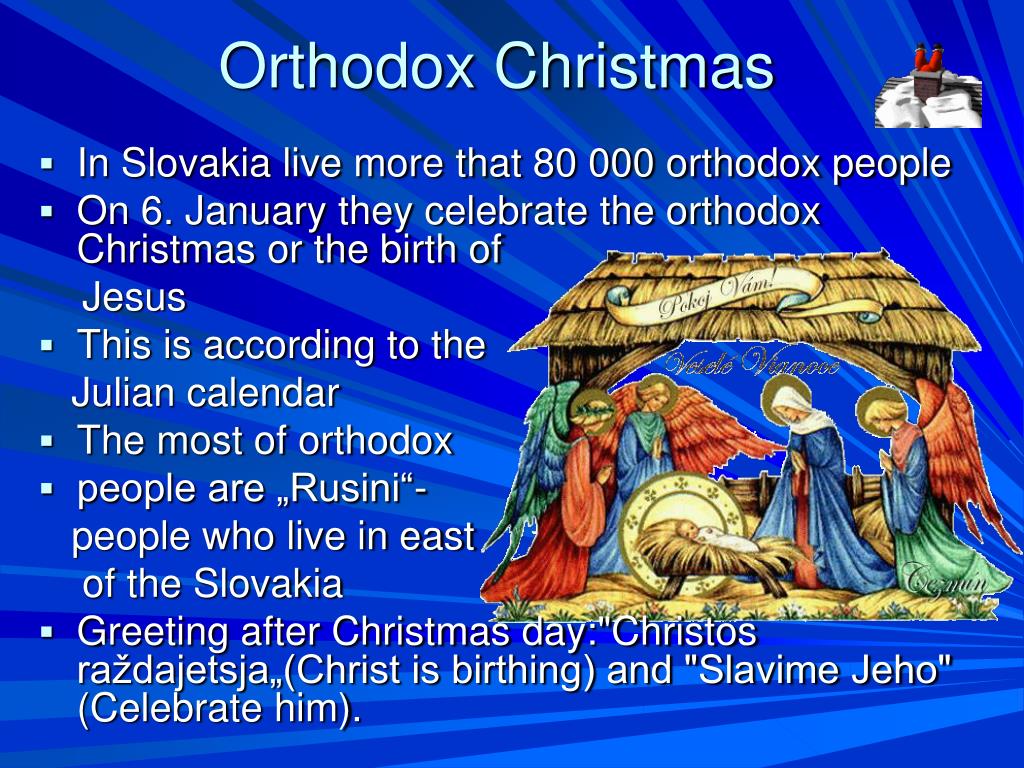
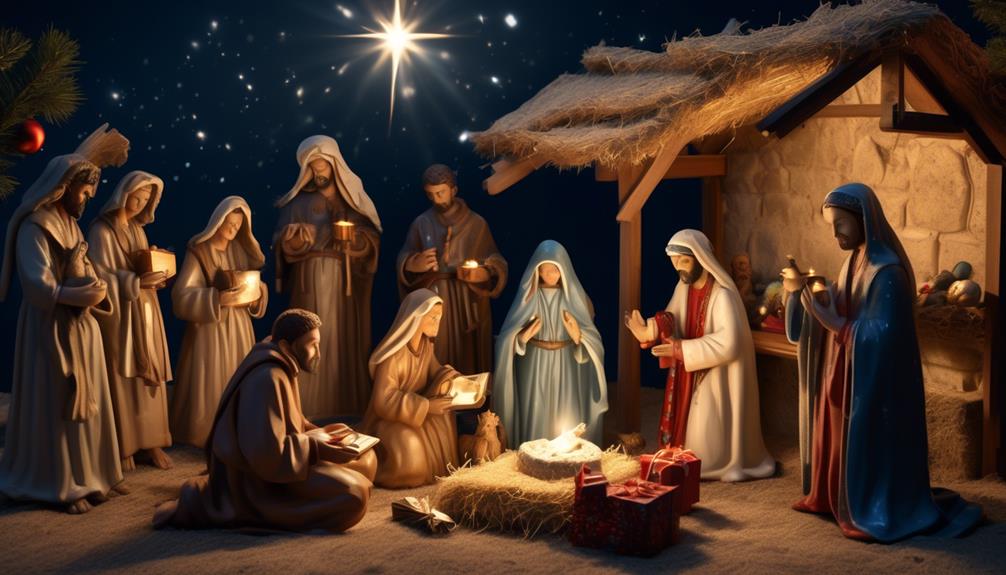


:quality(75)/cloudfront-us-east-1.images.arcpublishing.com/elcomercio/GE3TCMBNGAYS2MBXKQYDAORRG4.jpg)
